
The Science of Perception Box
Scientific experts explain how each person's perception is skewed by various factors such as beliefs, biases, and narratives.
This series was developed in partnership with Big Think, visit the Perception Box hub on BigThink.com.

Scientific experts explain how each person's perception is skewed by various factors such as beliefs, biases, and narratives.

Nothing is real and everything is an illusion. Neuroscientist Heather Berlin explains why that’s not exactly a bad thing.
Neuroscientist Heather Berlin likens each person's perception to a unique box shaped by their own experiences. Perception, Berlin explains, arises from a blend of internal expectations and external sensory input, creating a subjective experience.
Berlin believes our mental state can also profoundly affect our perception; a pessimistic mindset might skew it negatively, for example. The brain filters information, relying on preexisting schemas that can lead to cognitive biases. She notes that these biases can be altered through changing inputs over time, which can expand our empathy.
Understanding perception's illusory nature empowers us to shape our experiences and find joy despite life's challenges.
About Heather Berlin:
Dr. Heather Berlin is a neuroscientist, clinical psychologist, and associate clinical professor of psychiatry and neuroscience at the Icahn School of Medicine at Mount Sinai in New York. She explores the neural basis of impulsive and compulsive psychiatric and neurological disorders with the aim of developing novel treatments. She is also interested in the brain basis of consciousness, dynamic unconscious processes, and creativity. Clinically, she specializes in lifespan (child, adolescent, and adult) treatment of anxiety, mood, and impulsive and compulsive disorders (e.g., OCD), blending her neural perspective with cognitive-behavioral therapy, mindfulness, and humanistic approaches.

There are three kinds of memory that all work together to shape your reality. Neuroscientist André Fenton explains.
Neuroscientist André Fenton discusses the intricate relationship between memory, perception, and reality, shedding light on the complexity of human cognition.
Fenton believes memories are not fixed but are continually modified by our experiences and mindsets.
This, in his mind, underscores the importance of humility and empathy in acknowledging the fallibility of our memories and the need to consider different perspectives in our quest for truth.
About André Fenton:
André Fenton, professor of neural science at New York University, investigates the molecular, neural, behavioral, and computational aspects of memory. He studies how brains store experiences as memories, how they learn to learn, and how knowing activates relevant information without activating what is irrelevant. His investigations and understanding integrates across levels of biological organization, his research uses genetic, molecular, electrophysiological, imaging, behavioral, engineering, and theoretical methods. This computational psychiatry research is helping to elucidate and understand mental dysfunction in diverse conditions like schizophrenia, autism, and depression. André founded Bio-Signal Group Corp., which commercialized an FDA-approved portable, wireless, and easy-to-use platform for recording EEGs in novel medical applications. André implemented a CPAP-Oxygen helmet treatment for COVID-19 in Nigeria and other LMICs and founded Med2.0 to use information technology for the patient-centric coordination of behavioral health services that is desperately needed to equitably deliver care for mental health. André hosts “The Data Set” a new web series on how data and analytics are being used to solve some of humanity’s biggest problems.
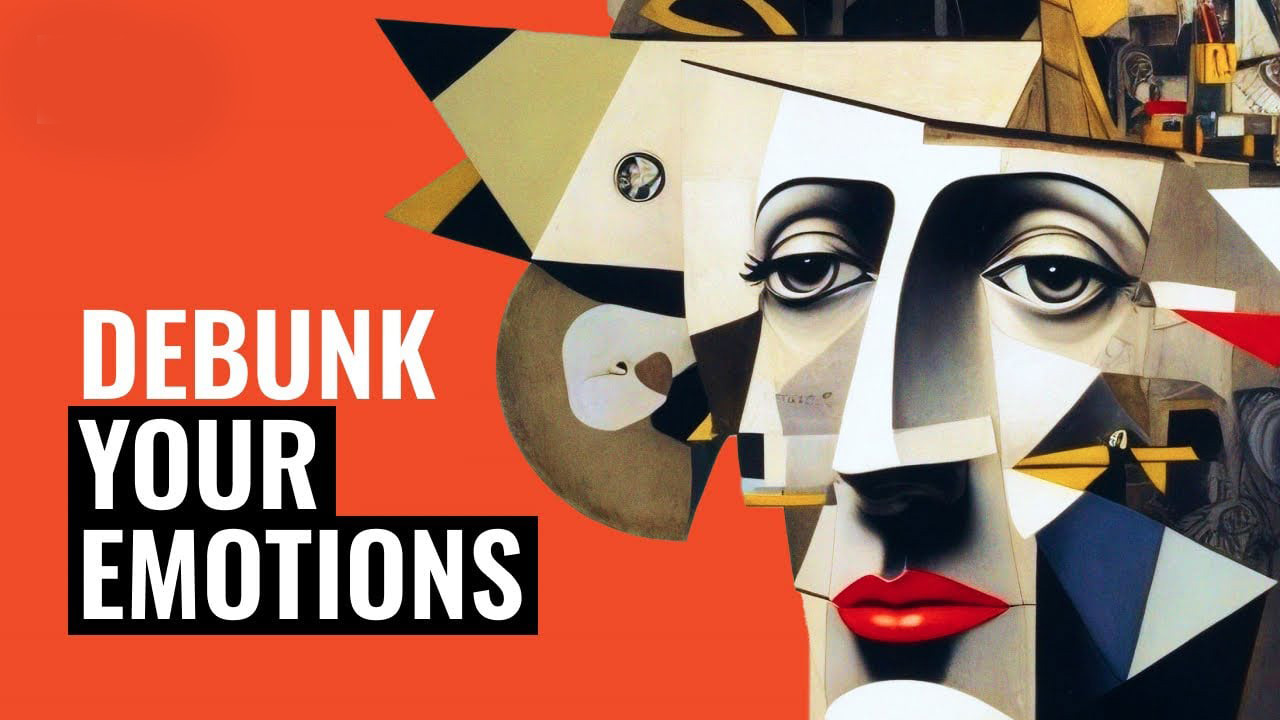
Your emotions do not reflect an irrefutable truth. Psychologist Kristen Lindquist explains how important that is for connecting across cultures.
When it comes to obtaining an objective understanding of the world around us, emotions may not be as reliable as we think, explains Kristen Lindquist, a professor of psychology and neuroscience at the University of North Carolina at Chapel Hill.
Lindquist explores the concept of "affective realism," a term that describes how our feelings shape our reality, both of which are influenced by cultural nuances. She unravels the connections between emotions, culture, and the brain, challenging the notion that our emotional experiences always mirror objective truths.
About Kristen Lindquist:
Kristen Lindquist, PhD. is a Professor of Psychology and Neuroscience at the University of North Carolina, Chapel Hill. Her research seeks to understand the psychological and neural basis of emotions, moods, and feelings. Her on-going work uses tools from social cognition, physiology, neuroscience, and big data methods to examine how emotions emerge from the confluence of the body, brain, and culture.
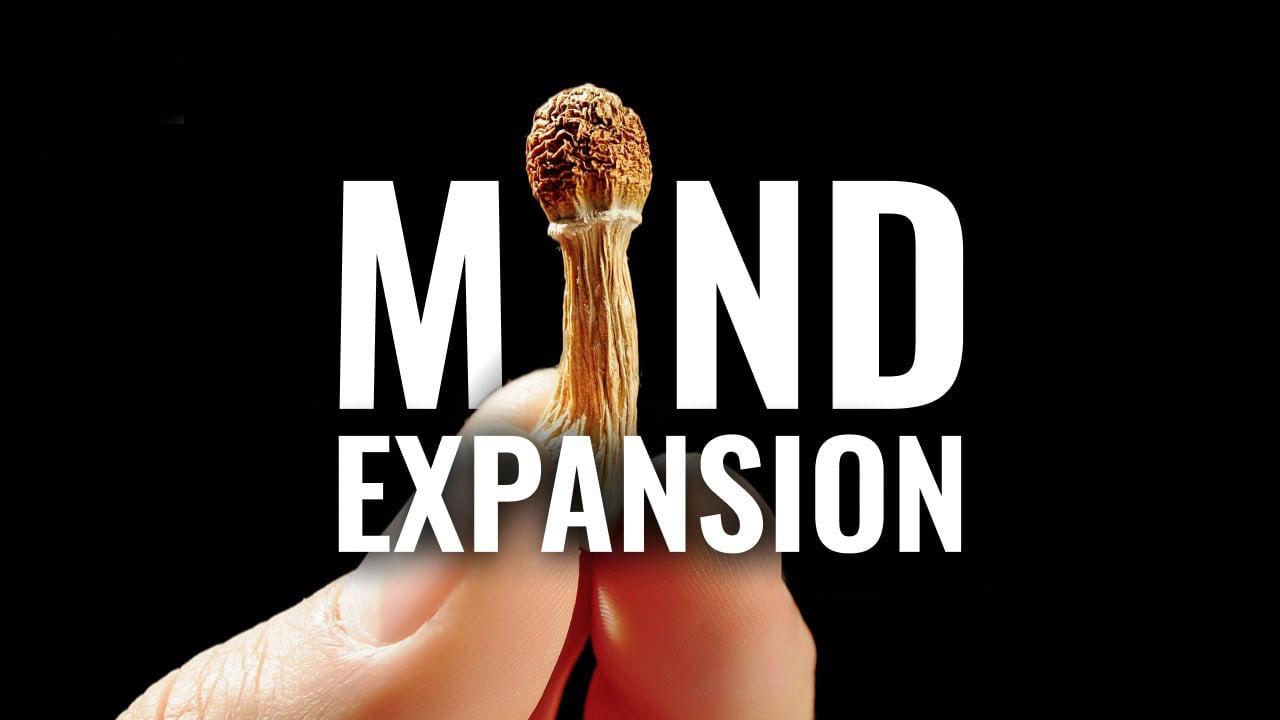
Expert James Fadiman explains how psychedelics have the power to expand consciousness, enhance creativity, and deepen our connections to the world.
James Fadiman, a distinguished figure with over six decades in psychedelic research, examines the profound impact psychedelics have on consciousness, creativity, and connectivity.
Fadiman shares insights into how these substances shift perception, offering perspectives that challenge and expand our understanding of reality. He also delves into the scientific underpinnings of psychedelics, their therapeutic potential, and the societal benefits of fostering deeper empathy and open-mindedness. Highlighting the importance of integration post-experience, Fadiman sheds light on the transformative power of psychedelics to not only alter individual consciousness but also to enhance community bonds and personal relationships.
Through a focus on responsible use and the expansion of human awareness, Fadiman's expertise offers a compelling view into the capacity of psychedelics to redefine our interaction with the world and ourselves.
About James Fadiman:
Dr. James Fadiman is a leading scientific expert on the use of psychedelics for personal exploration, healing, and transformation. He has been researching, writing and lecturing on the topic for more than fifty years. His research focuses on exploring the potential of psychedelics to help individuals achieve a more meaningful, balanced and enlightened life. He has written numerous books on the topic, such as The Psychedelic Explorer’s Guide and Your Symphony Of Selves, and is widely considered to be one of the most influential figures in the field.
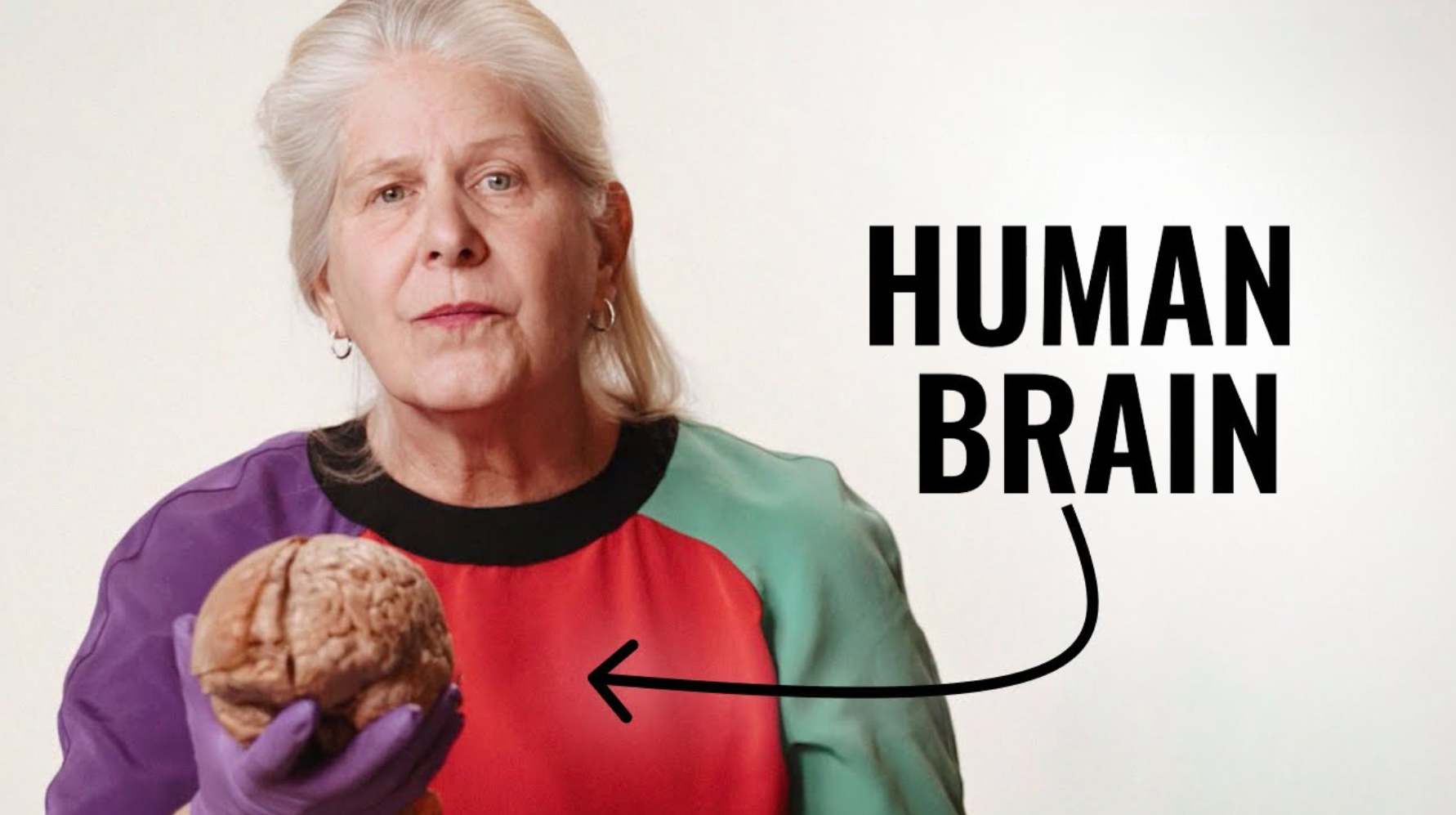
Neuroanatomist Dr. Jill Bolte Taylor explains the 4 key ”characters” of the brain, and how understanding each can expand your perception of yourself, and the world, forever.
At age 37, neuroanatomist Dr. Jill Bolte Taylor suffered a stroke that would take her eight years to fully recover from. This is how it changed her understanding of the brain.
In this interview, Dr. Jill draws a map of the human brain, explaining how it is comprised of four distinct modules, each serving a unique role in function and personality. This combination of cognitive and emotional components gives rise to the multidimensional characters within each of us.
Are you looking to be more rational, more creative, more forgiving, or perhaps less rigid in your thinking? Dr. Jill suggests that by becoming aware of the four modules of our brains, we can consciously choose to engage specific parts. This awareness allows us to harness the true power of our brains and shape who we want to become, ultimately fostering less anxiety, more inner peace, and a vastly more purposeful life.
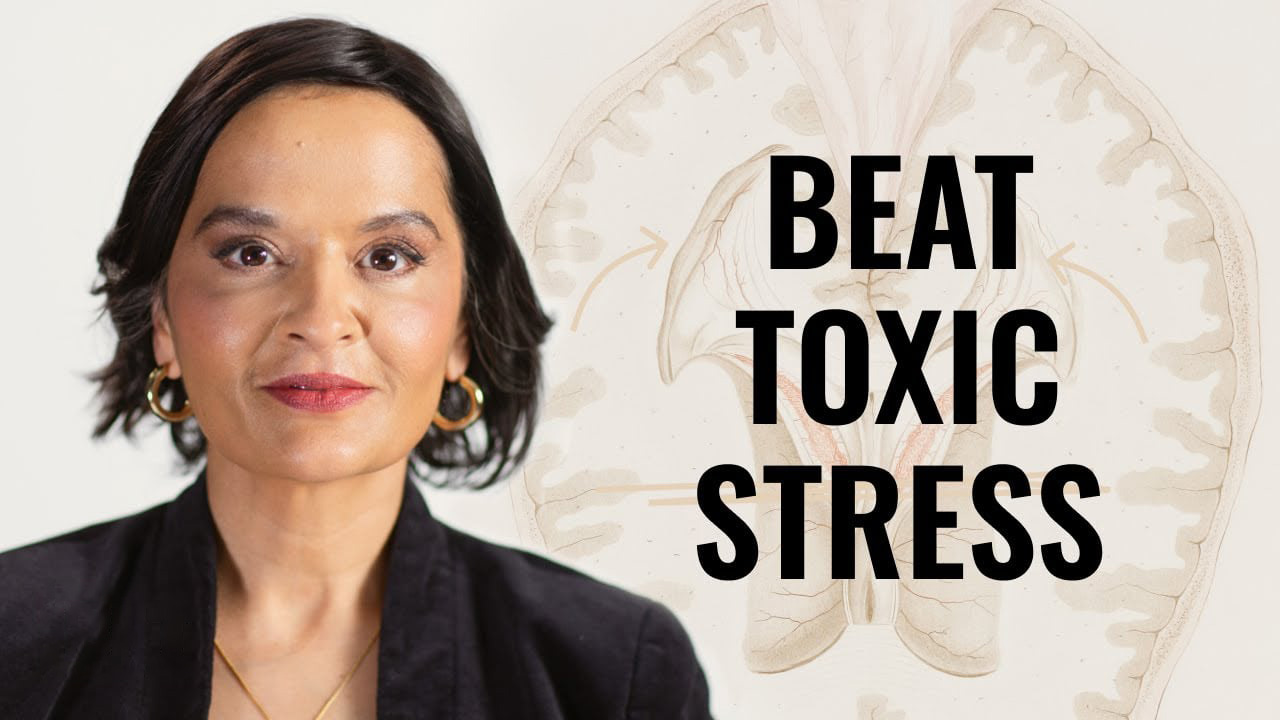
Harvard physician Aditi Nerukar explains how to rewire your brain’s stress response to live a more resilient life.
If you’ve ever heard the phrase “pressure makes diamonds,” this video is for you.
Harvard physician Aditi Nerurkar was working 80 hours a week, and, despite what she was telling herself about resilience, the stress was taking a major toll. She explains how there are two different kinds of stress, aptly named “adaptive” and “maladaptive.” But how can you tell the difference between the two?
Dr. Nerukar explains that healthy, adaptive stress moves your life forward, while unhealthy, maladaptive stress wears you down and diminishes your productivity. When experiencing maladaptive stress, you may find yourself plummeting closer to burnout, or a complete shutdown. To combat these consequences, Dr. Neurkar offers two easily achievable methods for resetting your brain in high-stress situations.
Whether you're navigating a demanding job, balancing multiple life roles, or simply looking to improve your stress management, this information can help you thrive without compromising your well-being. Remember to slow down, take deep breaths, and regularly check in with yourself to ensure your stress remains healthy and manageable!
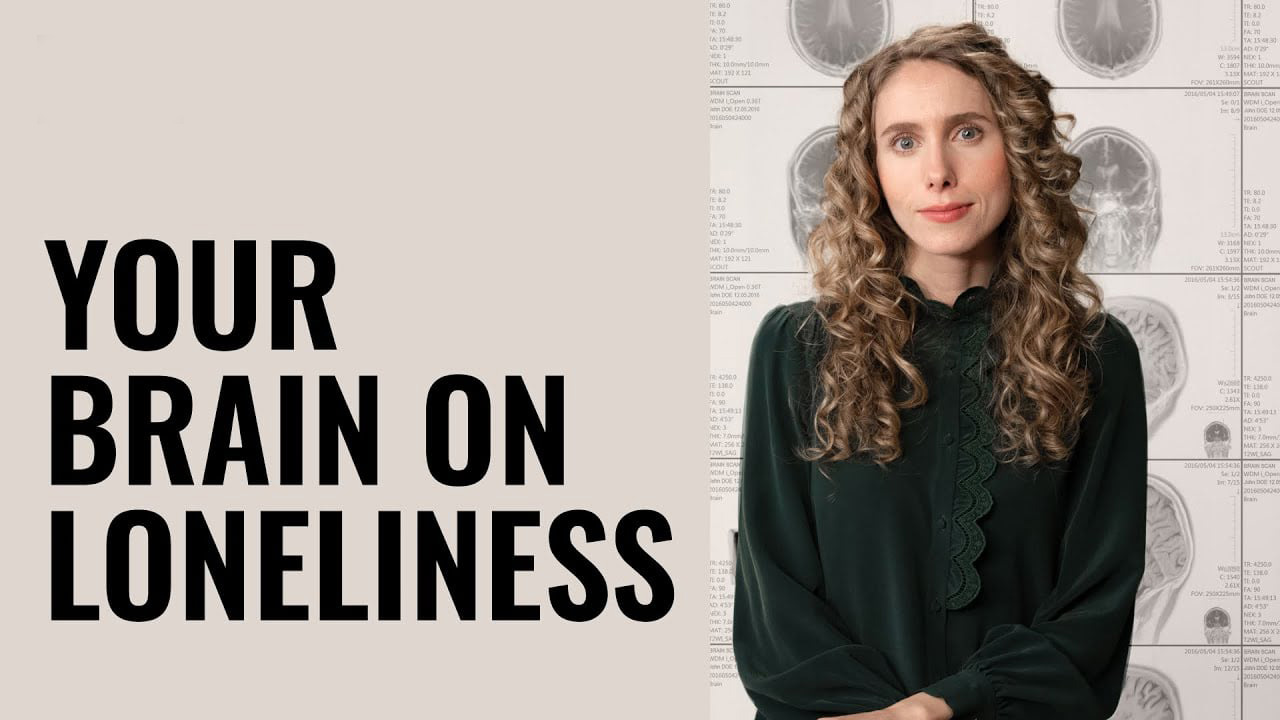
Challenging the loneliness stigma can change your life. Here’s how to start.
From a young age, many of us are taught that being alone means something is wrong, leading to negative thought patterns that reinforce feelings of isolation. Kasley Killam, author of The Art and Science of Connection and an expert in social health, explains how these perceptions of loneliness can shape our experiences and influence our lives.
According to Killam, this stigma around loneliness can trigger a stress response in the body, affecting both mental and physical well being. However, by challenging these narratives and reminding ourselves of how much control we really have, it’s possible to redirect our mindsets. It also helps, she says, to understand the difference between individualistic and collectivist cultures, and how each one can influence the way we interpret and discuss our feelings with others.
For those who have struggled with loneliness or felt trapped in a cycle of negative thinking, this perspective can help us break free. By shifting our thought patterns, we can transform our relationships, enhance our sense of connection, and improve our overall well-being.
About Kasley Killam:
Kasley Killam is a social health expert, author, and advocate focused on strengthening connections and enhancing community well-being. With a background in behavioral science and public health from Harvard University, she is a leading voice on the impact of social relationships on mental and physical health.
As the founder of Social Health Labs, Killam collaborates with organizations to develop innovative solutions for combating loneliness and social isolation. Her work has been featured in major publications, and she is a sought-after speaker on the importance of social well-being in creating healthier, more resilient communities.
.jpg)
Expanding your worldview starts with understanding your brain. Stanford neuroscientist David Eagleman explains.
David Eagleman, a neuroscientist at Stanford and host of the Inner Cosmos podcast, explores how our brains shape the reality we experience and why we often accept our perceptions as the only truth. From a young age, we develop our understanding of the world based on limited experiences and biases, which can lead us to form narrow views about what's true.
Eagleman explains that our genetics and life experiences wire our brains in unique ways, meaning that each of us sees the world a little differently. He introduces the idea of "perceptual genomics," which looks at how slight genetic differences influence our perception of reality. He also discusses how our brains naturally create in-groups and out-groups, a tendency rooted in evolution that affects how much empathy we feel for others.
To overcome these biases, Eagleman suggests that we start by recognizing our own prejudices, understanding the tactics of dehumanization, and connecting with others through shared interests. This approach helps us appreciate the diverse realities others experience, ultimately contributing to a more empathetic and understanding society.
About David Eagleman:
David Eagleman is a neuroscientist at Stanford University and an internationally bestselling author. He is co-founder of two venture-backed companies, Neosensory and BrainCheck, and he also directs the Center for Science and Law, a national non-profit institute. He is best known for his work on sensory substitution, time perception, brain plasticity, synesthesia, and neurolaw.




